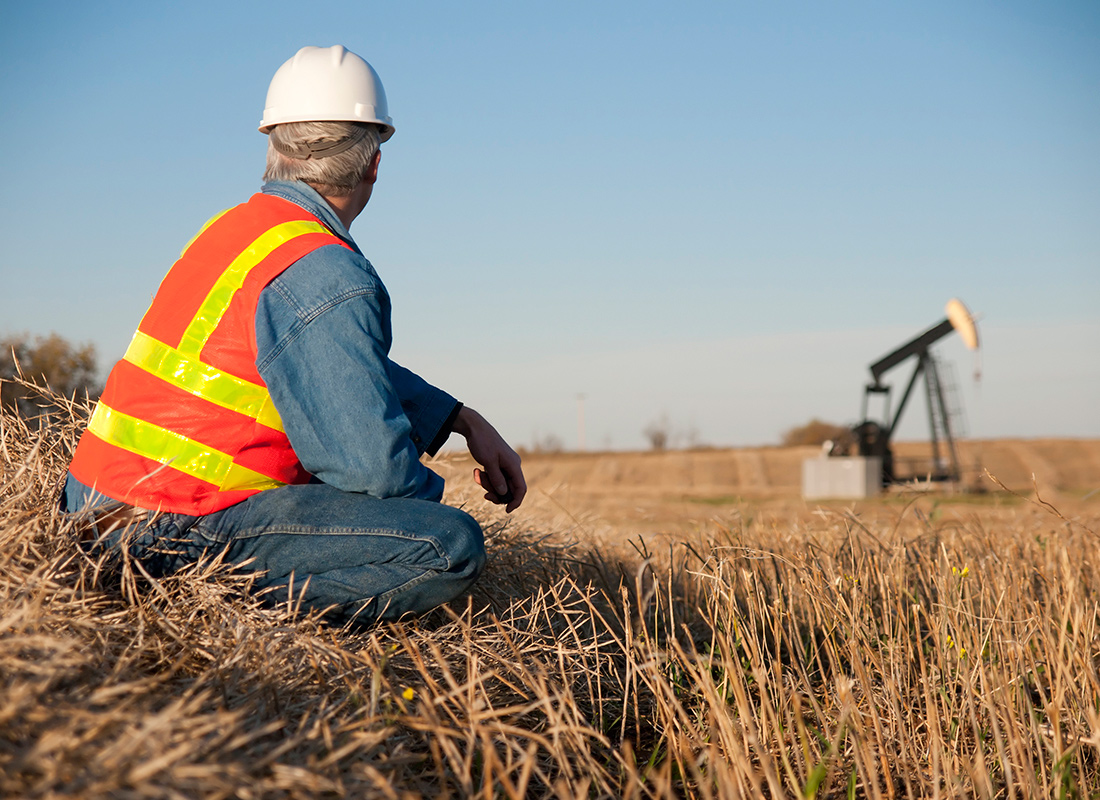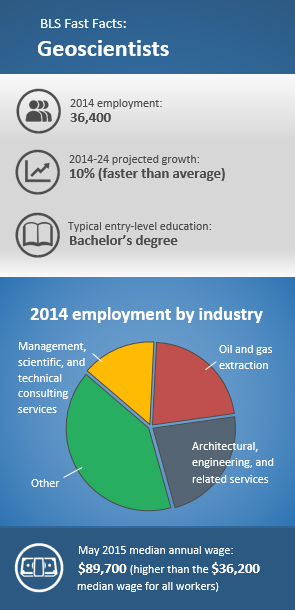All Categories
Featured
Table of Contents
Geophysical Surveying in Bicton Oz 2022
This work is increasingly contracted out, so consultancies supply another source of work. Consultancy companies differ in size, from very little business to large multinationals. Some consultancies are rather specialised in utilizing specific geophysical techniques or operating in particular locations, while others provide a more diverse range of services to their consumers.
The extraction of gas from landfill sites is another location of work and this might grow in the future. Exploration companies might carry out work for building and construction companies, water business, mining business and ecological firms, so geophysicists might be used in any of these settings. Other employers consist of: geological surveysgovernment bodies and agenciesuniversities and research institutes.


Jobs might be listed in the oil and gas sector press. Recruitment is affected by oil price changes and the level of competitors for positions differs depending on this. Careers Days, which cover the full series of geoscience careers and are typically gone to by a number of crucial market employers, are run by The Geological Society.
Job Profiles : Geophysicist Physics in Koondoola Australia 2021
Some of the large oil and gas business provide a full two-year structured training program throughout the breadth of geophysics, including the opportunity to experience work in different groups prior to specialising in one location. Your training may consist of deal with: existing wellsmagnetic and gravitational prospective field data analysisresearchrock analysis. It's more typical for your initial training to be offered on the task.

There might be a probationary duration throughout which you work along with an experienced colleague. Competency-based appraisals happen routinely in many companies. In smaller companies, and for scholastic posts, there is not likely to be any formal training - you'll be anticipated to start work straightaway and select up skills as you go along.
If you work for a smaller sized company, you might discover that you need to take responsibility for organizing and moneying your own development and training. If you have a geology degree, membership of The Geological Society can be beneficial for networking and for keeping up to date with the industry.
Geophysical Survey And Remote Sensing Techniques in Warwick WA 2021
You might likewise find it useful to join the PESGB (The Petroleum Expedition Society of Great Britain, which has a geophysics special interest group. After a probationary duration, and once you have actually gained some experience, you might progress to senior geophysicist, then group leader and after that into a senior function in management.
The ease of motion in between roles depends upon the company structure. Research study at Masters or Ph, D level in a subject associated to geophysics or geosciences may assist with your profession advancement and development. The employment market within the oil and gas market is really reliant on cost and this may affect your chances for career development.
For knowledgeable geophysicists, freelance consultancy provides a good path for career advancement. As a geophysicist, you're most likely to have several tasks throughout your working life.
What Geophysicists Do in Maida Vale Oz 2022
From geophysics, it's possible to focus on seismology (completing additional training to become a seismic interpreter) or to move into related areas such as engineering geology or risk forecast.
Choosing what to study in college is a hard option. Even if you know that your field of interest lies in science, what program of research study is best for you? If you make the decision to major in physical and biological sciences and pursue a career as a geophysicist, you're preparing for an amazing and profitable occupation.
The first step to attaining your objective of ending up being a geophysicist is making a degree. Even for entry-level positions in the field of geoscience, you'll need a bachelor's degree (a geophysicist college degree) from an accredited college or university. Some research positions require candidates to hold master's degrees or perhaps Ph.
Geophysicist: What Is It? And How To Become One? in Kalamunda Oz 2020
Postgraduate degree are particularly essential if you prepare to teach at a four-year institution. Geophysicists use physics concepts and techniques to study the gravitational, magnetic, and electric fields of the earth. This enhances researchers' understanding of both the planet's interior core and its surface. Geophysicists need to have the ability to: examine rocks, photos, and other pieces of information conduct research both in the field and in laboratories develop maps and charts of their findings write reports To achieve all this, students need a specialized education for geophysicist professions.
As mentioned above, you'll require a bachelor's degree in geoscience or a related discipline, such as a physical science or a life sciences, to land an entry-level job. But trainees can also prepare by learning topics like: Biology Chemistry Computer technology Engineering Mathematics Physics The above geophysicist majors provide a more generalized technique to a single clinical discipline, however a lot of programs require trainees to take several geology course.
Latest Posts
Geophysicist - Job Role - Job Information in Mahogany Creek Oz 2023
Integrated Geophysical Surveys For The Safety in Koondoola Oz 2020
What Does A Geologist Do? in Pickering Brook WA 2021